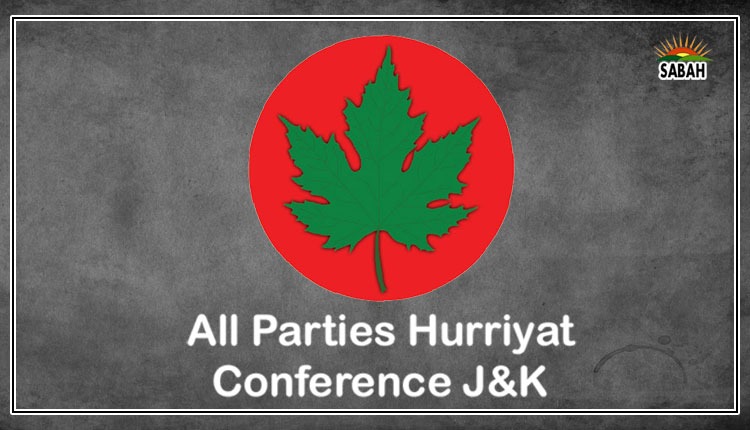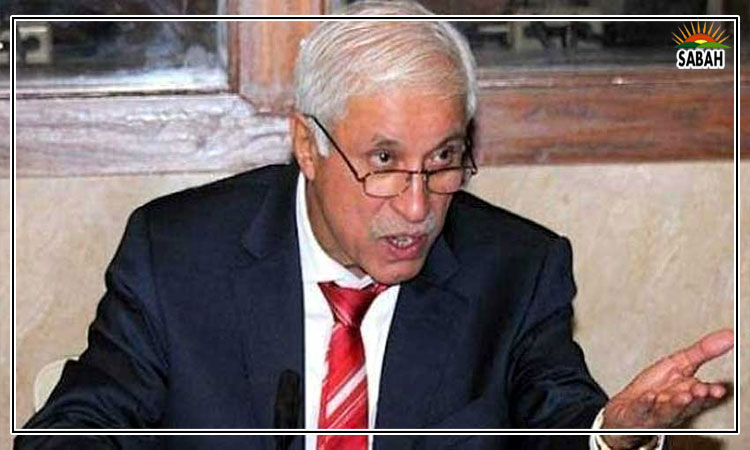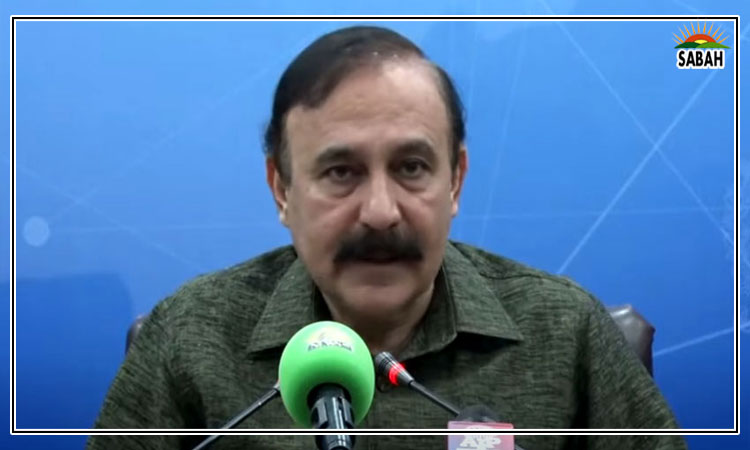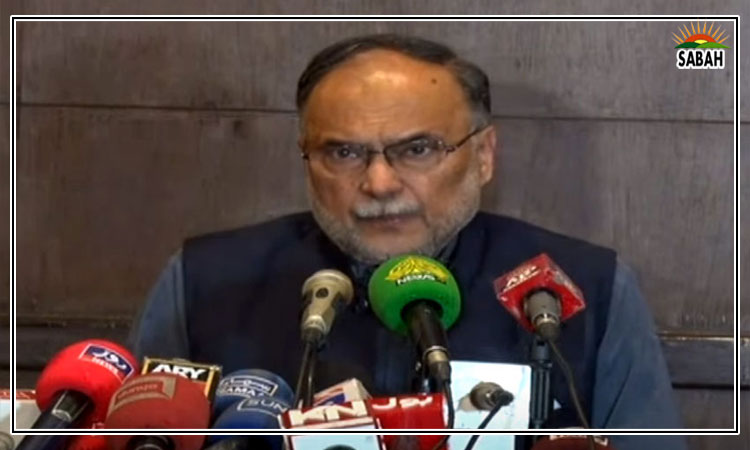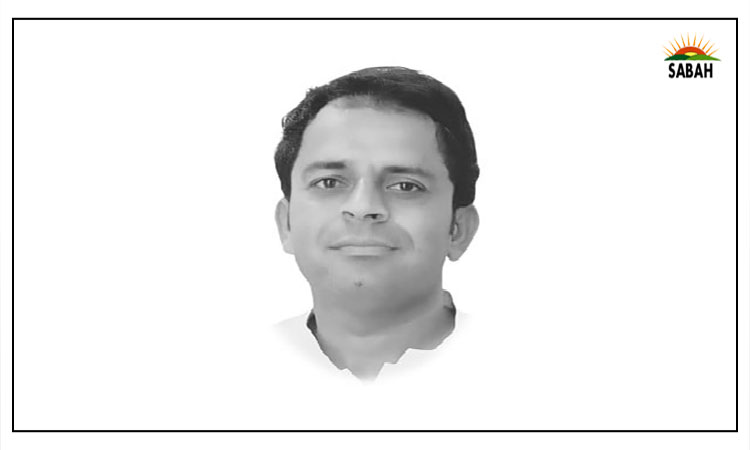The core-periphery bargain…Umair Javed
DEPENDING on who delivers it, eulogies of Pakistans democracy tend to focus on a short-lived period of about a decade (or a decade and a half) after 2007 when power through elections, rather than through the gun, appeared to be a realistic possibility. Yet this recollection of history glosses over the actual lives of people in the countrys western peripheries Balochistan and the ex-Fata region.
The Baloch Yakjehti Committees protest in the last week, its underlying causes such as missing persons and resource inequities, and the overall way in which the state conducts itself in the region shed sharp light on how political experiences of the last two decades diverge so markedly within the core and peripheral areas of the same country.
Any transparent review of the period since the mid-2000s will reveal a straightforward fact: political elites engaged in national politics have repeatedly struck an informal bargain with the military establishment that guarantees short-lived comfort of rule along the Indus and its tributaries, while giving up decision-making control in the western peripheries.
To be clear, the bargain has not been struck as equals, nor has it always remained uncontested. The lopsided nature of the state with a powerful establishment as the baseline condition means that mainstream politicians negotiate from a position of weakness. In many cases, they have no option but to cede control to the security apparatus, especially given restive border conditions, regional wars, and militancy.
The state is responding using the only script it knows repression in the hope that the issue will go away.
It is also true that sporadic efforts were made to resolve grievances, through devolution and aid packages under the PPP government, greater space initially being given to moderate Baloch nationalist forces under the PML-N, and a package of citizenship reforms for the ex-Fata districts under the PTI.
Yet such efforts have frequently been undermined or aborted under establishment stress, or through the working of shadowy politics and backroom machinations, such as the creation of breakaway factions, new parties, and provincial government turnovers. The end result is a retreat to home base (Peshawar valley, Punjab, and Sindh), leaving behind vice-regal militarised rule under which security considerations outweigh basic questions of representation and development.
This failure is visible in how popular movements from the peripheries are treated by the mainstream. In the last two decades, there have been several organic upsurges, through Baloch civil society groups fighting missing persons cases (such as the BYC), the Pashtun Tahaffuz Movement, and the movement for resource rights in Gwadar.
These movements represent popular discontentment at militarisation, violence, and the absence of development. Yet they have seen coercion and repression in response, with state-led harassment of leaders, frequent abductions, and long incarcerations. The list of excuses given for such a response are almost always the same foreign funding, threat of militancy, inimical designs, secessionist undertones etc.
Yet no one questions why, after seven decades of statehood, insecurity remains so high in these particular areas. No one in any decision-making role pays attention to the fact that, year after year, local citizens offer support to movements that challenge the imposition of a security state. No one looks at abysmal turnouts for general elections and the complete lack of electoral legitimacy given to state-backed or approved candidates.
In the past week, Baloch women have showed tremendous resolve against daunting odds to stage protests on the missing persons issue. It remains perhaps the most striking display of womens political agency in a country long stifled by patriarchal norms around public space and restrictions on female political participation.
Rather than reflecting on this urgency and popularity, the state is responding using the only script it knows repression in the hope that the issue will go away. In lockstep, the civilian face of the ruling regime, in the province or the centre, brings out practised indifference. Even mainstream opposition forces remain silent. The core-periphery bargain is still intact.
What those in the political mainstream fail to see is that the bargain doesnt keep the logic of militarised control and repression confined to the peripheries. The last two or so years are worthy examples of how the same processes make their way to the core.
Backdoor machinations triggered a fall in the PTIs government, and no amount of considerable deference and collusion for nearly three years could prevent it. Unlawful cases, abductions, and illegal incarcerations are now common against opposition activists. Internet and mobile phone blockades as well as media blackouts are used with considerable frequency. Those used to the erstwhile comfort of big cities, especially in Punjab, now admit that what was only done in Balochistan is now being done to us.
This is perhaps the single biggest failure of mainstream political parties in Pakistan over the past two decades. When in government, rather than providing popular movements that challenge inequity and repression with the space they need to be heard, they have consistently outsourced decision-making to the military. And when in opposition, rather than broadening their support base and making common cause with other groups fighting authoritarian excess, they look the other way in the hope that they dont get painted with the same brush.
One assumes naively that the past seven decades provide sufficient evidence that suppression of popular movements and denial of political rights only drags on conflict and generates further insecurity. But it is a lesson the state and its political elites seem unwilling to learn.
The consequences of such ignorance are now apparent in perpetual insecurity and restive conditions not just in the laboratories of militarised rule, but in the Pakistani heartland as well. This latest phase of protest can be quelled temporarily by repression and administrative control. It may be explained away by press conferences that point in all directions but inwards. But the corrosion of increased militarisation in one place will eat away at the political fabric everywhere.
Courtesy Dawn


